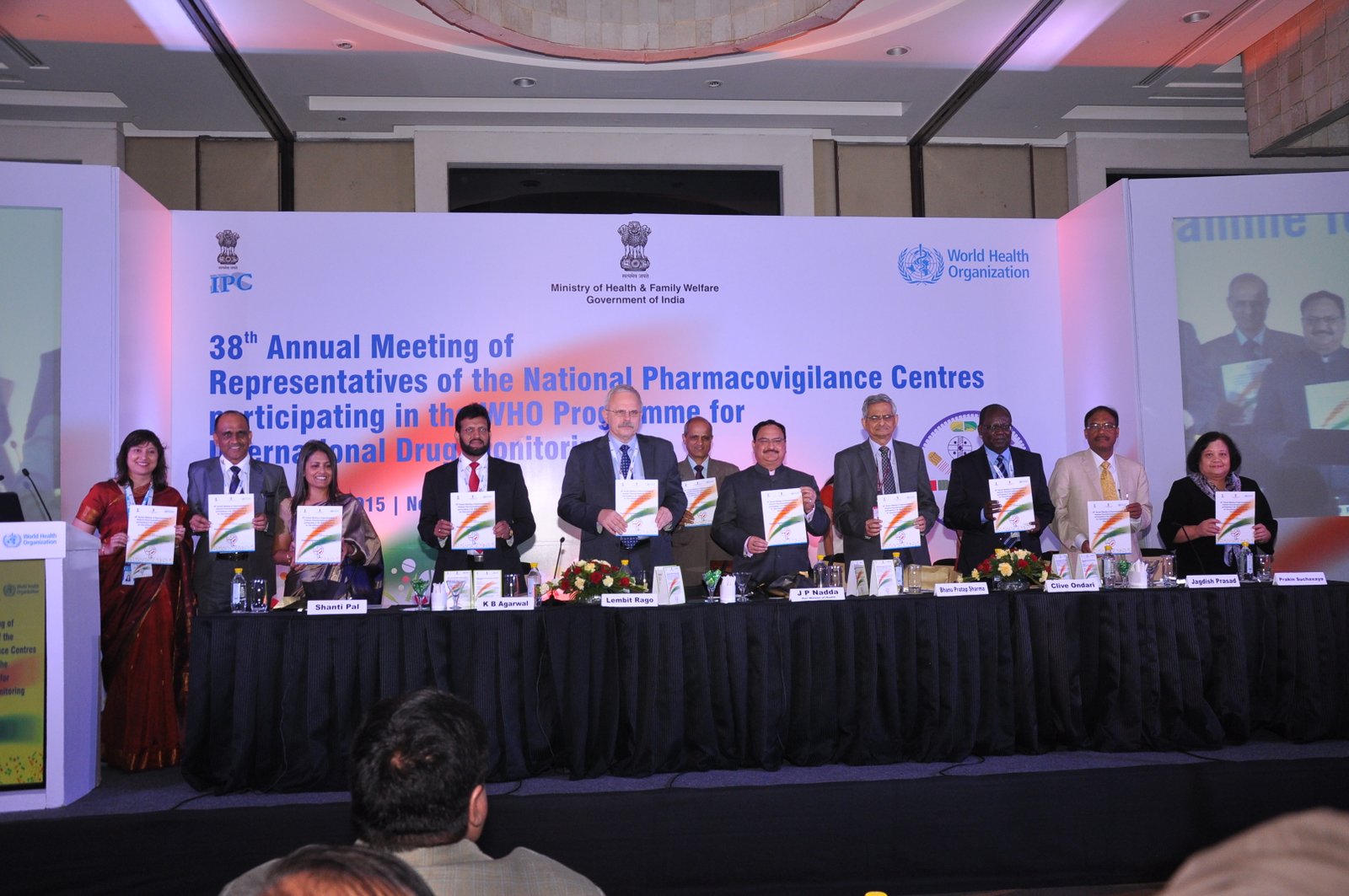IPC set to become first WHO Collaborating Centre for Safety of Medicines and Vaccines in Asia Pacific
November 05, 2015 | Thursday | News | By BioSpectrum Bureau
IPC set to become first WHO Collaborating Centre for Safety of Medicines and Vaccines in Asia Pacific
Hosted annually by one of the World Health Organization (WHO) member states, the 38th Annual Meeting of Representatives of the National Pharmacovigilance Centres acted as a platform for countries to discuss current issues and concerns in pharmacovigilance. This year, the meeting has been hosted by the Indian Pharmacopoeia Commission, the National Coordinating Centre - Pharmacovigilance Programme of India with active support from WHO from 4-6 November 2015. More than 150 international delegates from over 57 countries are attending the meeting.
The opening day of the meeting witnessed participation of delegates from regulatory agencies, academic institutions, collaborating centres, member states and industry. Problems of current interest, several areas of critical importance and advancements in pharmacovigilance were deliberated.
Over the past 30 years, the network of pharmacovigilance centres has grown immensely and the annual meetings have become a significant forum for discussions on advancement made in the area of safe medicines. The 37th Annual Meeting in 2014 was held in China, hosted by the Chinese Food and Drug Authority.
In his inaugural address, Mr J P Nadda, union minister for health and family welfare emphasized that the success of pharmacovigilance depends on the state of art reporting, cutting edge use of information and communications technology to process and analyze information for immediate corrective measures, which needs to be supported by a highly calibrated audit process. The Minister applauded the WHO Collaborating Centres across the globe, which serve as platforms for knowledge transfer and act as catalysts for developing the next level good pharmacovigilance practices and awareness of adverse drug reactions and their reporting.
In her message, Dr Poonam Khetrapal Singh, Regional Director, WHO South-East Asia Region said, "The meeting is timely and expected to facilitate partnerships between WHO Member States, collaborating centres of WHO, Adverse Drug Reaction monitoring centres of the Pharmacovigilance Programme of India, industry and research institutions to showcase best practices of pharmacovigilance towards ensuring safety
of medicines."
Speaking on the occasion, MrBhanu Pratap Sharma, secretary, Ministry of Health and Family Welfare (MoHFW) highlighted that there are several challenges inmedical sector and public health systems that have heightened the need forpharmacovigilance, such as medicines coming from countries where regulatory standards may not be very strong, increasingly dependence of people on online platforms for medical guidance and self-medication etc.









